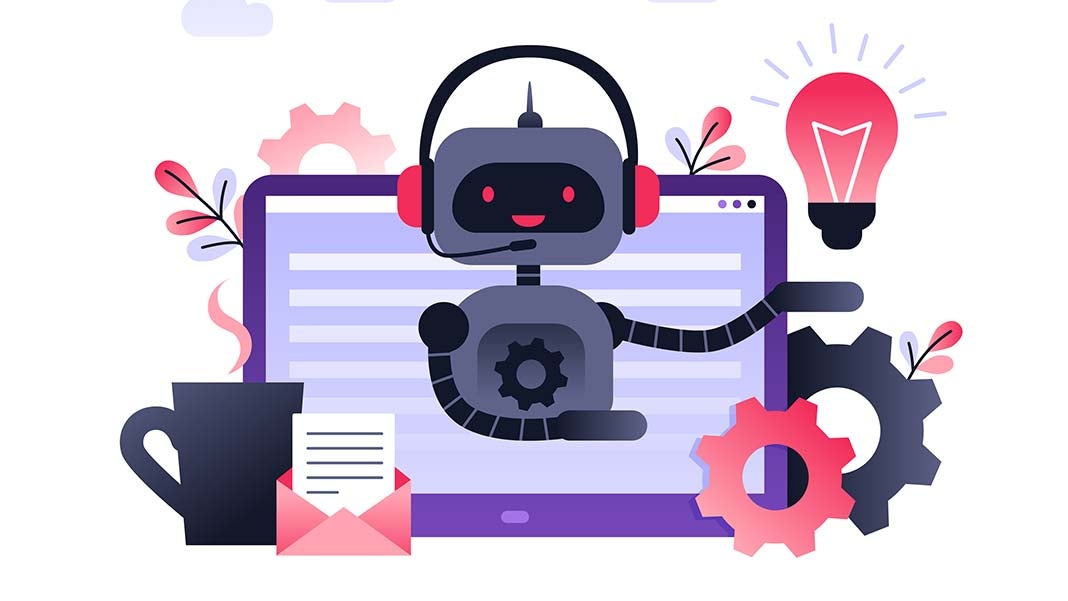5 Ways a Chatbot Can Help Support and Improve Your Business
By: Andy Chadbourne

The popularity of chatbots in the business world is growing, with reports stating that 80% of companies will want to use the technology by 2020. So what is all the fuss about? How can a chatbot help your company and why might you need one?
This article looks at five ways how these advanced computer programs can help support your business and improve your operation too.
1. Handling more customers
A chatbot, in its simplest form, provides another way for a business to communicate with its customers online. The technology is designed to interact with a company’s customers, via its website, and conduct multiple conversations. This means they can deal with more than one person at a time. In fact, they can chat with hundreds, even thousands, of site users simultaneously. By dealing with more customers and managing more information at a time, you can significantly help support your customer service staff. This can also help with things like call queuing, especially during peak times and seasons.
2. Streamlining customer services
As chatbots can support your staff in handling more customers in a shorter space of time, they can be used to quickly deal with the more common, basic enquires a customer might have. In turn, this can free up your employees to deal with customers’ more complex problems that require in-depth assistance. A chatbot can also be programmed to pass on these advanced queries to the right qualified person in your team, allowing them to be resolved faster. As a result, this can create a more efficient and effective streamlined customer service.
3. Expanding your operating hours
Another big advantage of having your business use a chatbot is that they are accessible to your customers 24/7—that is, all the time. This means they can work as a great addition to your staff, providing services outside their daily working hours, like through the night and on national holidays when your business might be closed.
By expanding your business’s customer service operating hours, you can suit different types of customers, all hours of the day and night. Consequently, this can help your company cater for an audience that you otherwise might miss.
4. Increasing your conversions
Besides helping to strengthen and support your business’s customer service, chatbots can provide an additional sales channel for your company. For instance, you could tailor their responses to customers’ answers to help them in their buying decisions, helping you to increase your conversions. This could include recommending certain products to a customer, if you’re an ecommerce business, based on previous information a chatbot has saved about them. Or asking a customer if they’d like to trial one of your business services. This would allow the chatbot to act like a personal assistant, or a guide to your business, providing a taste of what you offer.
5. Increasing customer satisfaction
A more responsive and immediate streamlined service that can support your staff means greater customer satisfaction. But chatbots can also help improve satisfaction by the way they interact with each customer. For instance, they can create a more personalized level of service that mirrors the human interaction of your staff, such as a friendly, chatty tone, while being programmed to obey rules and treat all customers the same.
In addition, they can offer an alternative way to get feedback to improve that customer satisfaction—providing a more natural and engaging method than, for instance, a form or survey on your website page. This can help you get the results you want, and know what you need to do to deliver them.
2291 Views














